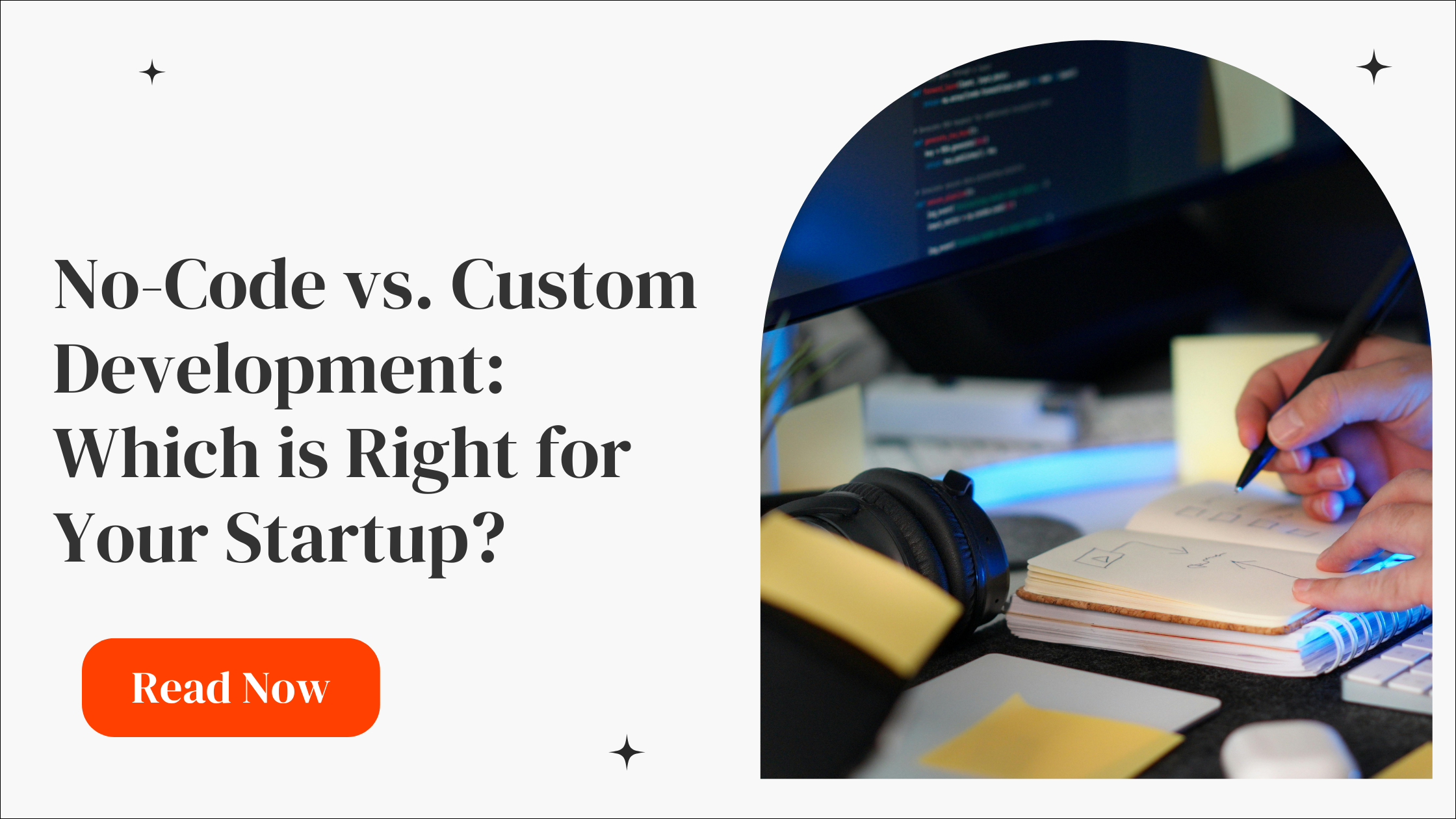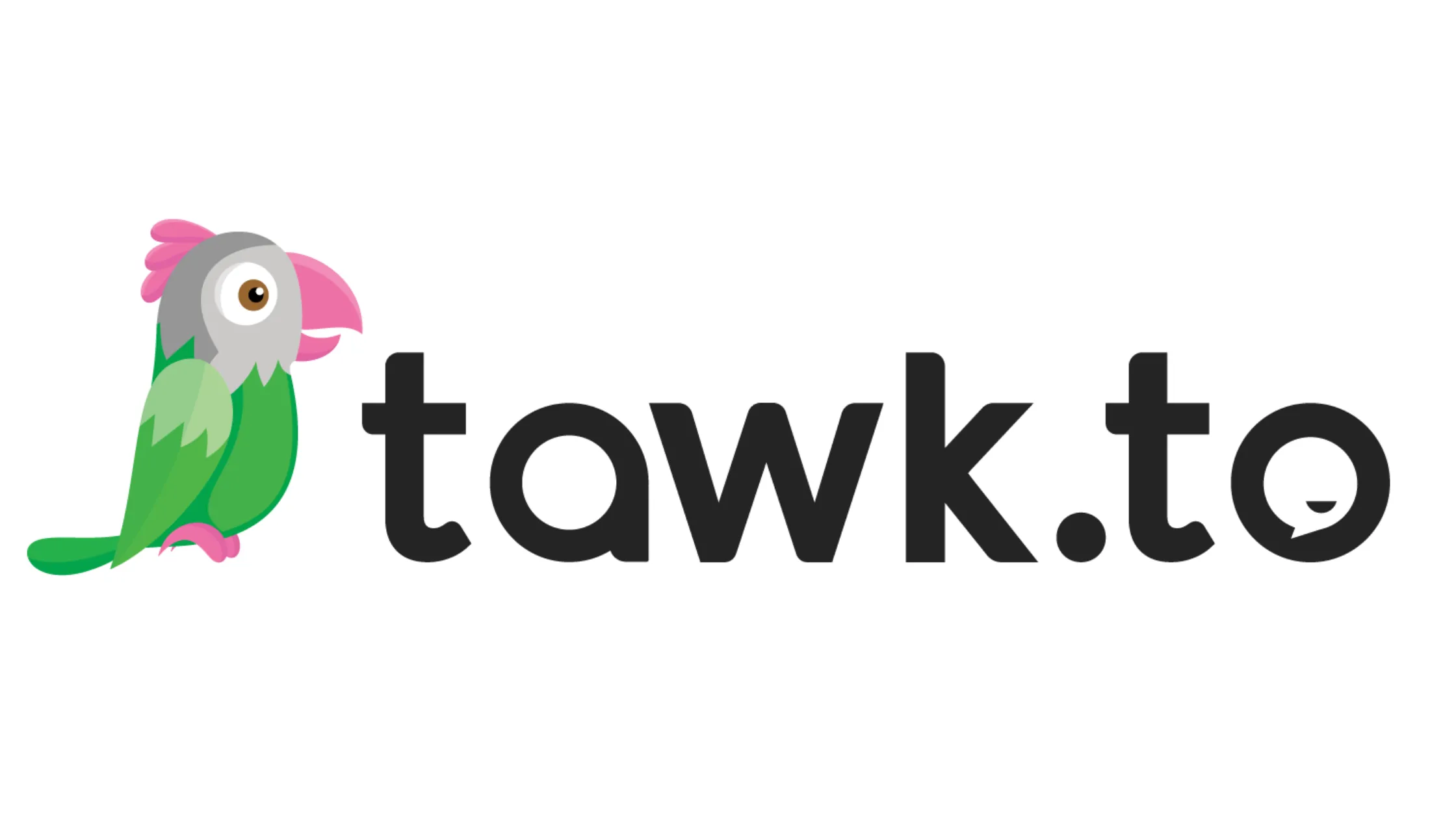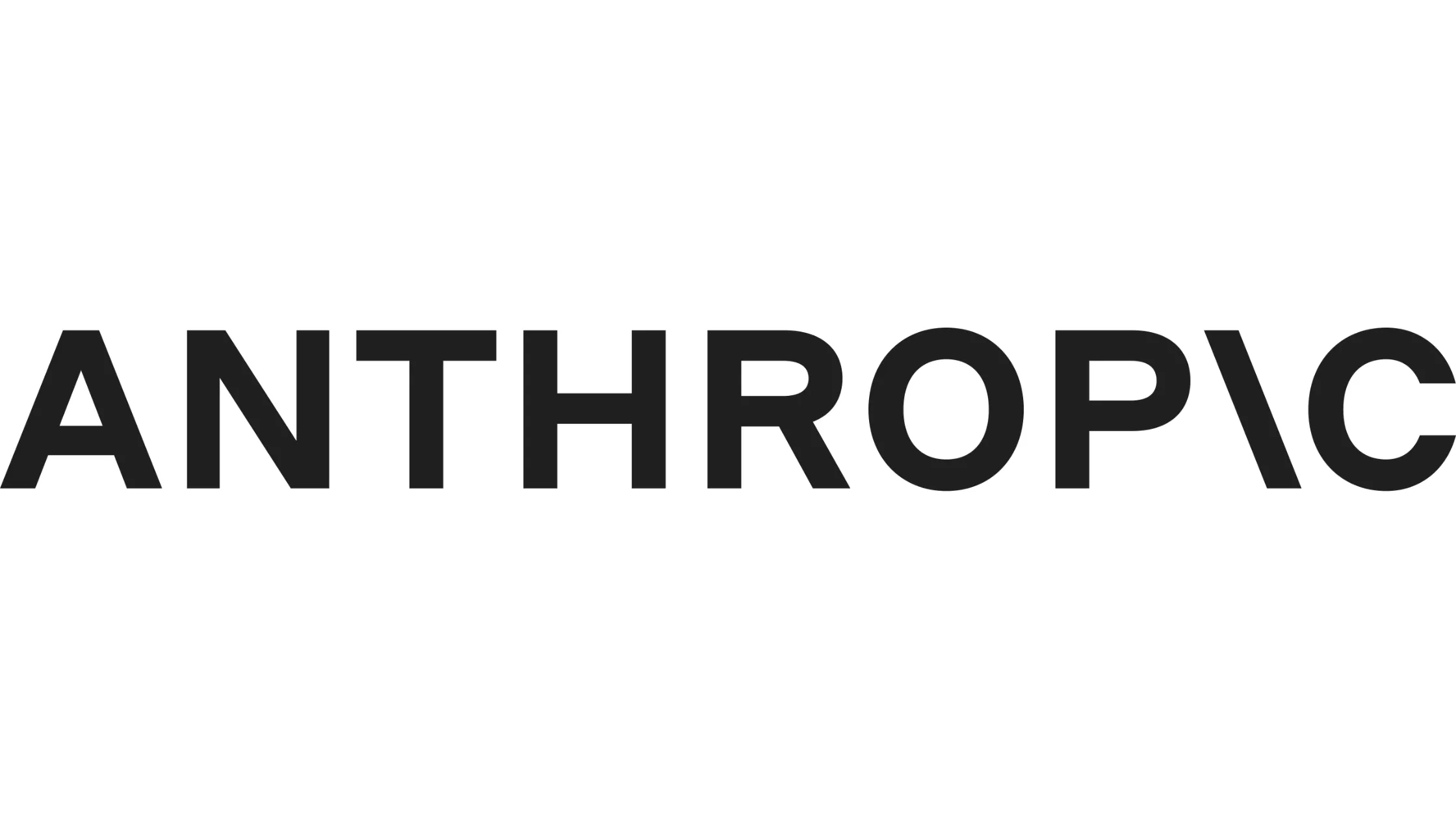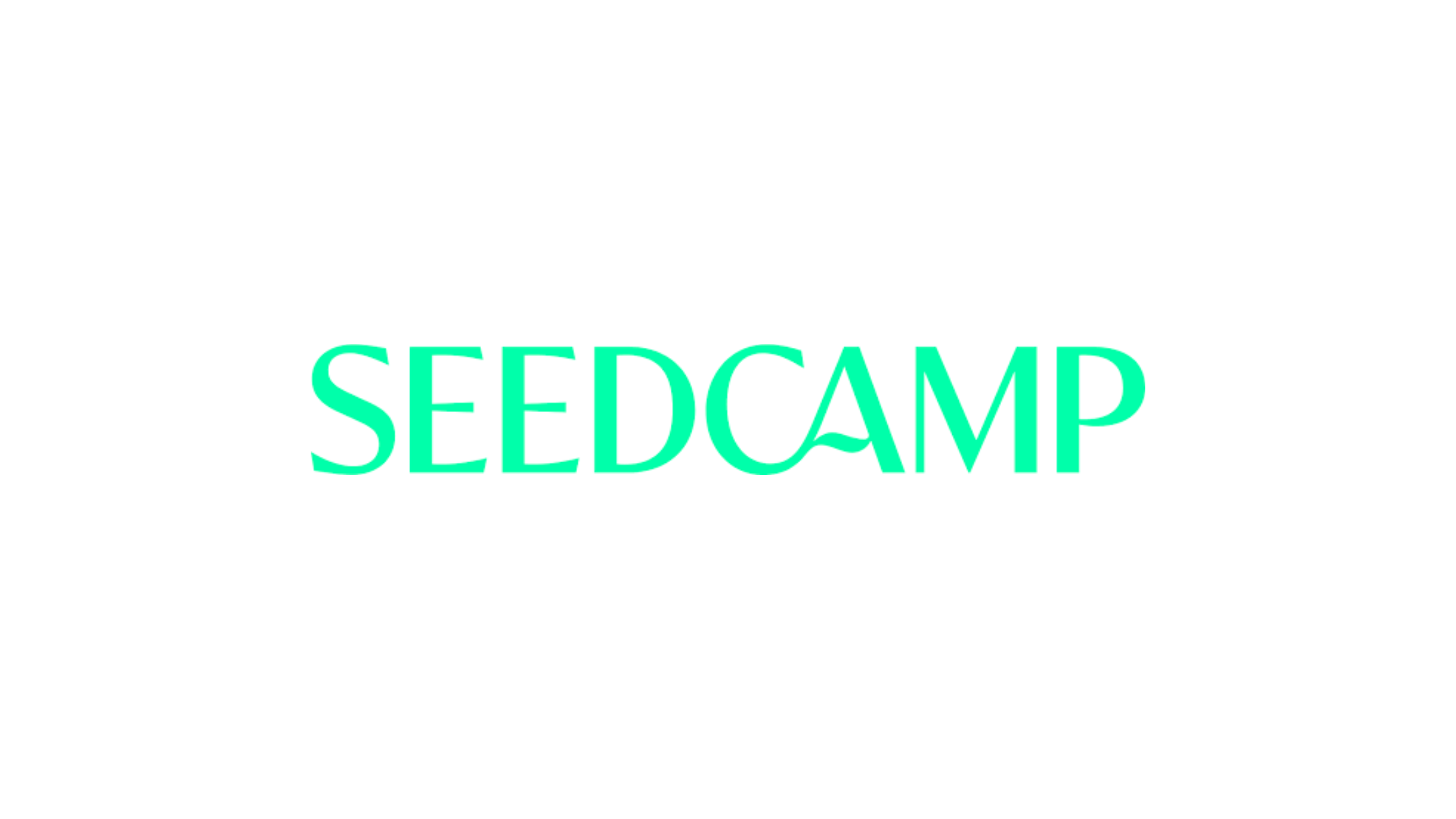
Startup CTO Types: Pros, Cons, and How to Transition
Curious about what a startup CTO really does? Learn the key responsibilities, when to hire one, and how a dev shop like Horizon Labs can help fill the CTO gap.
The journey to becoming a successful startup CTO starts with a deep understanding of the role.
However, the CTO's role is too complex and dynamic to be boxed into a single definition or job description. You need to take into account the company's objectives, size, and challenges.
In this post, we'll take a look at the different startup CTO types, their pros, and when you need them.
Let's get started.

The 6 Types of Startup CTOs
Here are six types of CTOs you'll encounter in startup environments:
1. Tech-Focused CTO
Also known as the "chief architect," the tech-focused CTO is in control of the startup's technical inner workings.
They need to be deeply involved in the tech side of product development. This includes architecture, strategy, innovation, and ongoing decision-making.
Tech-focused CTOs are ideal for early-stage startups looking to build a solid technical foundation for their product. On a day-to-day basis, their tasks include building systems, outlining processes, and providing engineers with a clear path to progress.
However, tech-focused CTOs sometimes neglect essential soft skills, like communication and effective hiring.
For some of these skills, the next type of CTO would be a better fit.
2. People-Focused CTO
The role of the people-focused CTO — sometimes called the VP of engineering — is often taken on by a co-founder.
It comes with a broader scope of responsibilities, like:
- Hiring engineers
- Leading the internal technical work culture
- Managing internal processes
- Aligning engineers with business objectives
People-focused CTOs are key to maximizing productivity and ensuring the product team works efficiently as a unit. Since they're also in charge of recruiting talent, they should also possess technical expertise and a firm grasp of engineering team dynamics.
The problem with this type of CTO is that they can be too occupied with team management to pay close attention to technical processes. And without dependable engineers, people-focused CTOs may struggle to get things done.
3. External-Focused CTO
While most types of CTOs are primarily concerned with internal functions, the external-focused CTO is more concerned with building a brand for those outside the organization.
That's why external-focused CTOs are also referred to as the head of technical sales and marketing. They are the technical spokespeople in charge of communicating your brand's vision to external parties, including customers and investors.
To accomplish their jobs, external-focused CTOs spend their time writing technical blog posts, speaking at conferences, and directly engaging stakeholders. Of course, they also require in-depth technical knowledge of your product to make external communications more compelling and insightful.
The drawback is, external-focused CTOs may lose focus on internal technical development.
There may also be some disconnect between what the brand needs to convey and what the team needs to hear from a leadership standpoint.
4. Generalist CTO
A generalist CTO is exactly what it sounds like — someone who wears many hats and does a little bit of everything, depending on what the startup needs at any moment. They get their hands dirty with hiring engineers, creating marketing material, managing infrastructure, and being at the helm of product development.
Generalist CTOs are perfect for very early-stage startups.
They're not required to be deep experts in specific systems. Rather, they need to be flexible and effective in adjusting to the current technical challenges that the company faces.
The obvious disadvantage here is that generalist CTOs can get stretched too thin. It's all about balancing tasks according to priority and getting them the right support from the right people.
5. Scale-up CTO
The scale-up CTO only has one job: to provide technical leadership through a scaling phase.
Every long-term CTO will have to take on the scale-up leader's mantle of responsibility at some point. Using their technical expertise, the scale-up CTO ensures operational stability and efficiency as the company takes leaps, be it:
- Creating guidelines and processes during the scale-up phase
- Expanding and managing a bigger engineering team
- Resolving technical debt and updating or future-proofing legacy systems
- Communicating changes to stakeholders across the organization
- Leveraging new technologies and other innovation opportunities
Although a scale-up CTO tends to be more of a transitional role, it can still be a highly stressful position to be in. The pressure of spearheading a scale-up, especially on the technical side of the aisle, makes it difficult to stay productive as focus shifts from early-stage startup priorities to long-term growth strategies.
6. Visionary CTO
While a scale-up CTO is a transitional phase, a visionary CTO always has eyes on the future.
One of the main functions of a visionary CTO is to keep up with the latest technology trends — exploring innovative ways to turn product ideas into reality, gain the competitive edge, and drive growth.
A visionary CTO shines during a startup's early stages and scaling phases. The challenging aspect of this CTO type is balancing the startup's short-term needs and long-term vision.
How to Transition Between the CTO Types
Founder CTOs should expect to take on multiple roles as the startup evolves. However, transitioning between each CTO type isn't as easy as you might think.
Whether you're a CTO or hiring one to suit your startup, it's important to develop a system for transitioning CTOs.
Here are five tips to guide you through this process:
- Evaluate the startup's priorities. Have a full roundtable discussion to understand what areas of your startup require a CTO's expertise. This will help you underline the skills and qualities you need out of your startup's technical leader.
- Delegate and build trust with the team. As your CTO's focus shifts, the last thing you need is to leave gaps in your startup's internal workflows. Regardless of whether you're in the early stages or planning a marketing push, you'll need to build your team to support your CTO and instill trust within your culture.
- Work on your communication and leadership skills. CTOs need to adopt different styles and channels of communication throughout their journey. Whatever it is, they need to demonstrate unwavering leadership skills, which begins with a well-defined startup vision and a clear product roadmap.
- Collaborate with business stakeholders. Speaking of communication, stay closely in touch with stakeholders to ensure technical strategies stay aligned with business objectives. This can lead to sharper decisions that can maximize the efficiency of product development and marketing strategies.
- Thrive through feedback. Finally, CTOs should make an active effort to collect and leverage feedback to identify improvement opportunities. Constructive insights can come from anywhere, from engineers to external stakeholders.
Conclusion
Understanding the different types of CTOs is crucial for business and technical leaders alike.
For CTOs, learning the full spectrum of your job's functions will not just prepare you for the path ahead — it'll help you excel through every stage of the company's growth. And as a non-technical founder, the perfect fit should give your early-stage startup the push it needs to establish a strong technical foundation and accelerate product development.
If you're looking for battle-tested CTO who can step in, provide expert guidance, and lead through experience, consider hiring a fractional CTO from Horizon Labs.
Whether you're validating an idea, scaling an existing product, or need senior engineering support—We help companies build ideas into apps their customers will love (without the engineering headaches). US leadership with American & Turkish delivery teams you can trust.
Need Developers?
We help companies build ideas into apps their customers will love (without the engineering headaches). US leadership with American & Turkish delivery teams you can trust.
















For Startups & Founders
We've been founders ourselves and know how valuable the right communities, tools, and network can be, especially when bootstrapped. Here are a few that we recommend.

Mistakes to Avoid When Building Your First Product
Learn the key mistakes founders make when building their first product—and how to avoid them for a faster, smoother launch.
Read more
The Rise of AI in Product Development: What Startups Need to Know
Learn how AI is transforming product development for startups. From MVPs to scaling, here’s what founders need to know in today’s AI-driven world.
Read more
No-Code vs. Custom Development: Which is Right for Your Startup?
Weighing no-code vs. custom development? Learn which is right for your startup depending on stage, budget, and product complexity.
Read more
What is Mixpanel?
Learn how Mixpanel helps startups track user behavior to improve products and accelerate growth with clear data-driven insights.
Read more
How Tawk.to Can Boost Your Startup’s Customer Support Game
Learn how Tawk.to can benefit startups by enhancing customer support and engagement. Perfect for early-stage founders!
Read more
Grow Your Startup With Anthropic's AI-Powered Tools
Discover how Anthropic's cutting-edge AI tools can accelerate your startup's success. Learn about their benefits and see why they can be trusted by startups.
Read more
What is Data-Driven VC?
Learn what a data-driven VC means and how such investors can benefit your startup’s growth and fundraising journey.
Read more
What is Blockchain?
A beginner-friendly guide on blockchain for startup founders, covering key concepts, benefits, challenges, and how to leverage it effectively.
Read more
What is Cybersecurity?
Learn cybersecurity basics tailored for startup founders. Understand key risks, best practices, and how to protect your startup from tech threats.
Read more
What is Seedcamp?
Learn what Seedcamp is, how its European seed fund and accelerator program work, and how founders can use its capital, mentorship, and network to scale their st
Read more
What is AngelList?
AngelList is a prime platform connecting startup founders to investors, talent, and resources to accelerate early-stage growth.
Read more
What is 500 Startups?
Learn what 500 Startups (now 500 Global) is, how its accelerator and seed fund work, and when founders should consider it—plus tips for early-stage startups.
Read more.webp)